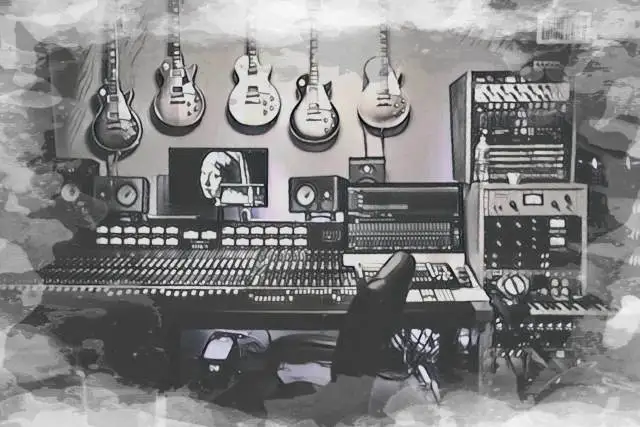Years back, being signed to a major record label was the holy grail sought by every artist and band making music. Being able to utter the words ‘ I just got signed ' meant that your music career was about to take a giant leap forward.
But with the advent of the digital age, and the plethora of options for taking the DIY route to a career in music, less people are asking ‘ how do you get signed to a record label ’ and instead ask ‘ do you need a record label ’?
We love our fiercely independent artists here at eMastered, so we thought it’s high time we took that question and gave it a thorough examination. Ready? Let’s dive in.
Then and Now
In the pre-internet era, record labels were pretty much the be-all and end-all of the music industry. They were the gatekeepers who decided if the world would hear your music, or if the only audience would be your mom and your mates (if you were lucky).
With the age of the internet however, today’s music industry is a much more level playing field. The technology needed to record music is affordable and readily available, and streaming services have changed the way music is distributed and consumed.
If it's that easy, what do record labels actually do? Good question...
What Do Record Labels Do?
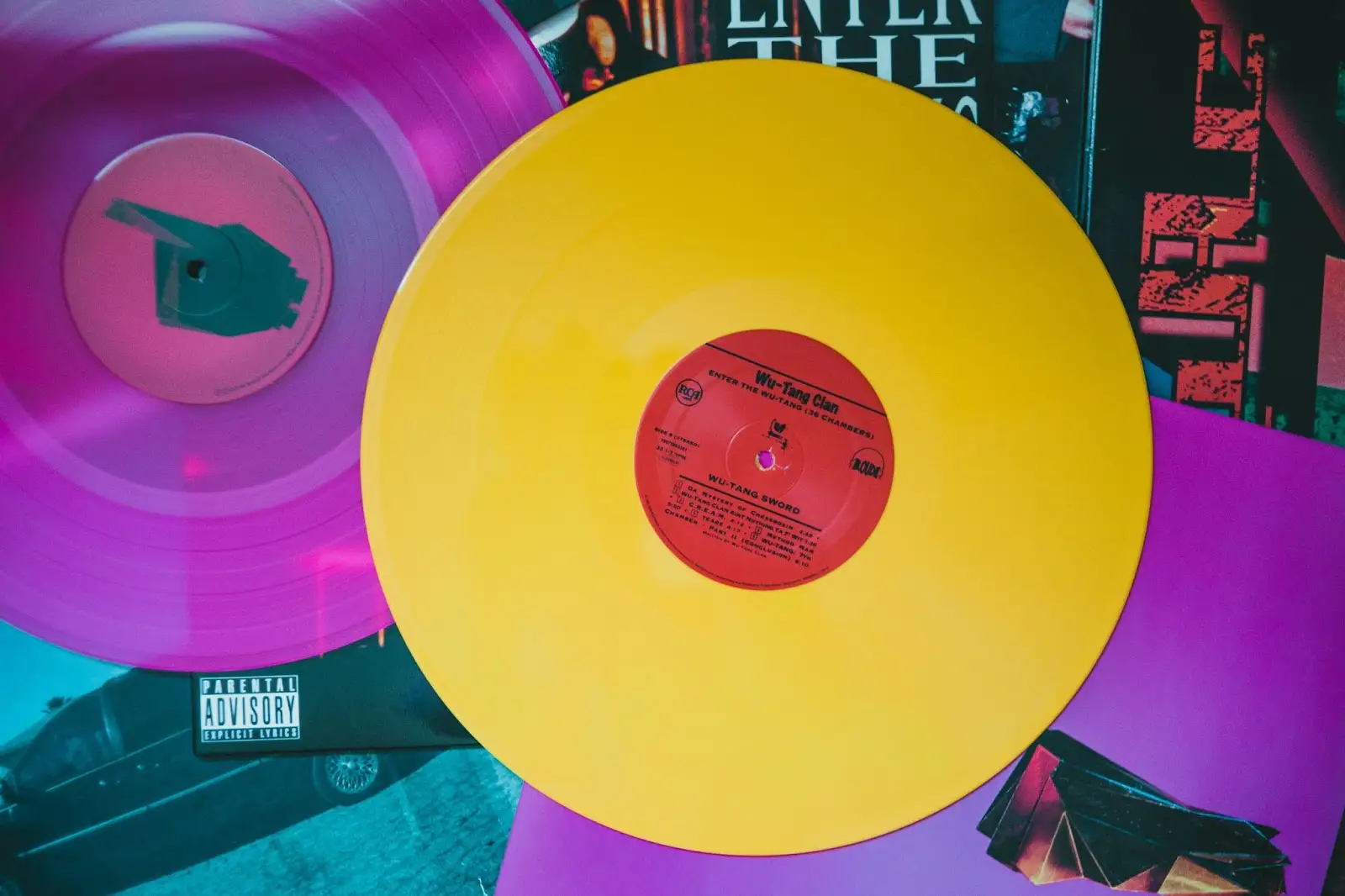
Record labels still play a sizable role in the modern music industry. Signing a record deal could result in someone else taking care of things like:
- Artistic development
- Financial support for studio, production, and other costs
- Connection with music industry professionals (producers, musicians, directors for music videos etc.)
- Releasing music and distribution
- Market research and promotional efforts
- Merchandise
- Touring
- Sync placements
There's no one-size-fits-all deal, so what's on the table will differ between record labels.
Major labels and smaller established record labels will want to control more areas of an artist's career. A smaller record company may offer more limited deals in terms of what they offer and expect in return.
But, it's important to remember what all record labels are about - the business of music.
However artist-friendly they might seem, a record label is designed to make money. To get this money they'll want something in return for their support, i.e. a slice of your talent pie and the money it generates.
With that in mind, let's take a closer look at each of the above areas and compare what life would be like as a DIY independent artist versus one with the backing of a label.
Record Labels vs the DIY Approach: A Step-by Step Analysis
Discovery & Development

Seeking out new and exciting acts to sign was once the job of the A&R (artists and repertoire) team at record labels.
Unknown artists could be signed to a record label, and be nurtured by the A&R team over time. This allowed the artist to grow and develop their career over long periods, all the while being supported by the record label.
Nowadays this kind of artist development has all but disappeared. You may find a few independent labels actively looking for a relatively new act to develop from the ground up, but most record labels typically expect artists to already have a sizable following, and a proven track record of churning out music that fans will buy (or stream).
So in this area there's no contest; today's music industry demands that an artist does the grunt work of self promotion, building a following, and making themselves a viable commodity before a record label will consider signing them.
Ding, next.
Connecting with Collaborators

Major record labels have a vast network of music business peeps they work with on the regular. Signed artists can tap into this network, giving them access to collaborators they would otherwise never have been able to connect with.
This network isn't just made up of musicians and producers (although snagging a name producer for your album would be sweet). Entertainment lawyers, marketing teams, booking agents, PR experts, and more, are all collaborators in a sense, and they can all help boost your career to the next level.
As an independent artist you'll have to build your own team of industry contacts to work with.
This isn't hard at all. In fact with the help of Google and the internet in general it's actually quite easy.
But, like many of the items on this list, it is time consuming. Most artists want to focus on writing music, not rubbing shoulders with Melissa from PR (hi Melissa!).
There are advantages to building your own network rather than surfing on someone else's contact list. You get to choose your own tribe, and work with people who resonate with your vision rather than the cronies cuddling up to a major label.
The choice to do such a thankless task will vary from artist to artist. Whether you're any good at it will depend on your temperament and social skills.
Financial Support
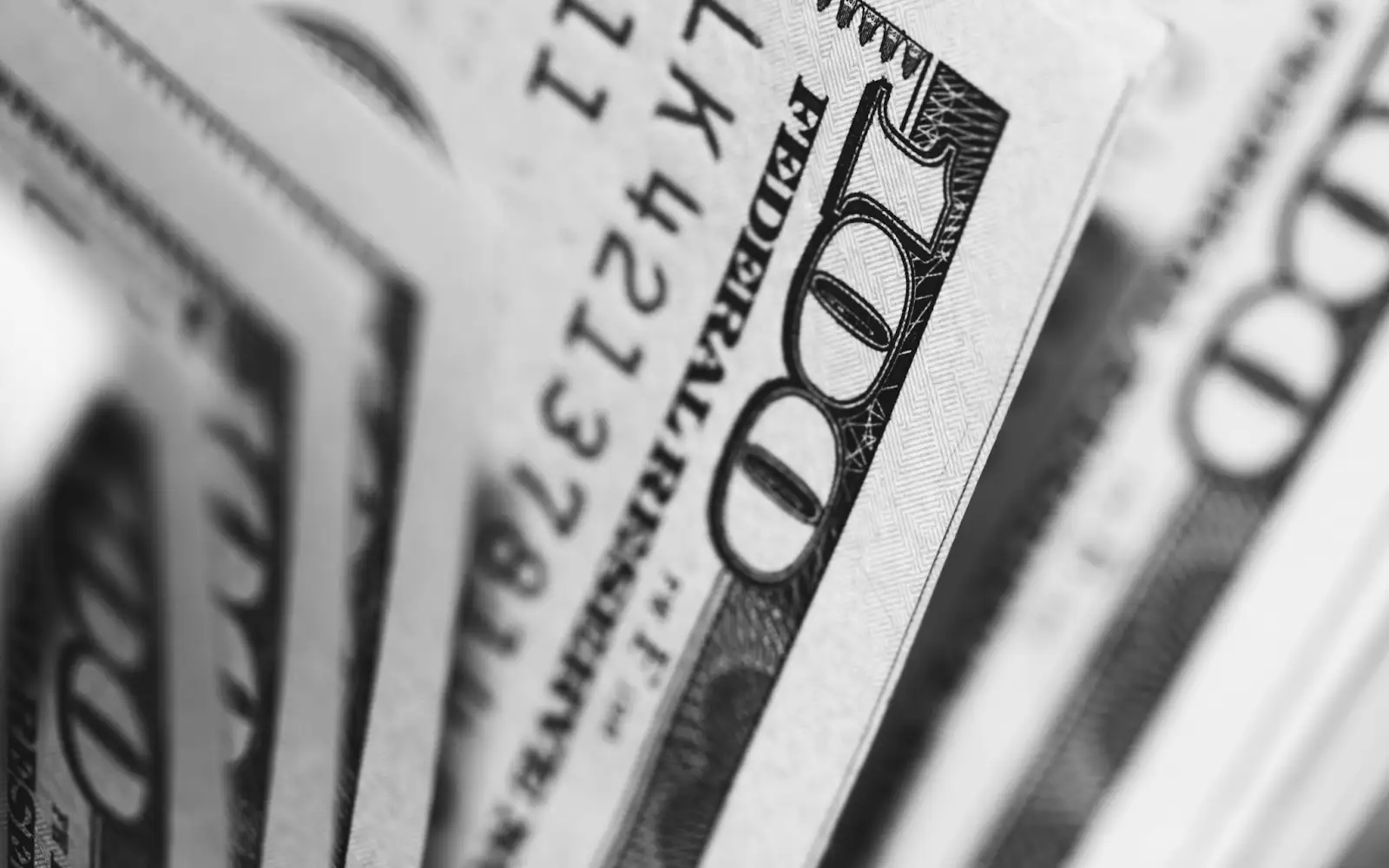
Ah yes. Money.
Before the advent of computer recording technology, making albums was something you could only do in a bona fide recording studio, replete with a hefty price tag. This made it virtually impossible for independent artists to go it alone.
Record labels helped artists by footing the bill while the musicians focused on creating music. Unfortunately many artists failed to read the fine print in record contracts, and were later surprised that despite the album generating oodles of money they had yet to earn anything.
That's because an advance supplied to a music artist by a record label is essentially a loan with little transparency. Anything that can be charged back to the artist can and will be, including sketchy expenses. And until all those expenses, and the initial advance itself, is paid back the artist won't get to see a penny from their efforts.
This was a bigger problem in pop music, where oftentimes the artist didn't write their own music so couldn't even rely on the writer's share of performance royalties to make ends meet.
The financial backing provided by record labels doesn't just cover recording costs. Making a music video costs a pretty penny, and record deals may cover those expenses too. There's no end to the amount of expenses involved in distribution and promotion, and these could also be covered by a record label.
The size of the advance depends on many factors. Major record labels may offer a well-known artist 6- or 7-figures, or more. Smaller independent labels may be more conservative, but still cover all major costs.
But as I said, the more a record label spends on an artist, the longer it will take for that artist to start seeing any income from their music.
Doing it yourself is a very different story.
If you're smart with your budgeting, and can pull in favors from talented friends, you could slash your overall studio budget, and start seeing a return much more quickly.
You'll know exactly where the money is being spent and have the authority to put the kibosh on unnecessary expenses.
If you build a studio to rent out to other artists you might be able to make music on someone else's dime too.
If you have talent (and the patience) for crowdfunding sites, Kickstarter, IndieGoGo, and Patreon are all solid options for raising funds to make an album. The unwritten cost for any of these options is the time suck they create in your life.
Another option is to work a full time job to help fund the record (and living expenses while you make it). Not super glamorous, but it saves you getting into debt - to the bank or a record label.
The main take away in the money department is that while record labels can be a major help in providing the financial backing to get you to the next level in your career, there's no guarantee the money will be well-spent, or that they'll provide you with enough to live on while the world slowly opens it's wallet to your music.
Releases & Distribution
![Streaming music is the new way to consume music [Photo by Shutter Speed on Unsplash]](https://static.emastered.com/images/blog-assets/7700.webp?v=pQdMS-X)
Back when Led Zeppelin were at their peak and vinyl ruled the world, record labels relied on distribution companies to get albums out of the warehouse and into record stores. Aside from being a logistical nightmare, it was also rife with nepotism.
Major labels were particularly crafty at cultivating relationships with distributors in order to get their latest release pushed to the forefront of record stores. And, while illegal, there are stories of distributors being paid off to push one album over another. Allegedly...
Things have changed a lot though. In the era of streaming music it's a fairly straight-forward job to release music on digital music stores like Apple Music and Spotify . It's so easy in fact that Music Business Worldwide claim there's 120,000 new releases uploaded to streaming platforms every day. Blimey.
Independent musicians who want to release their music online still need a distributor. There's plenty of options out there, with companies like CD Baby, Distrokid, and Tidal happy to place your music in digital music stores and on streaming platforms for a small fee.
Simply putting your music out there isn't going to lead to major success however. Which leads us nicely on to our next topic...
Promotion & Branding
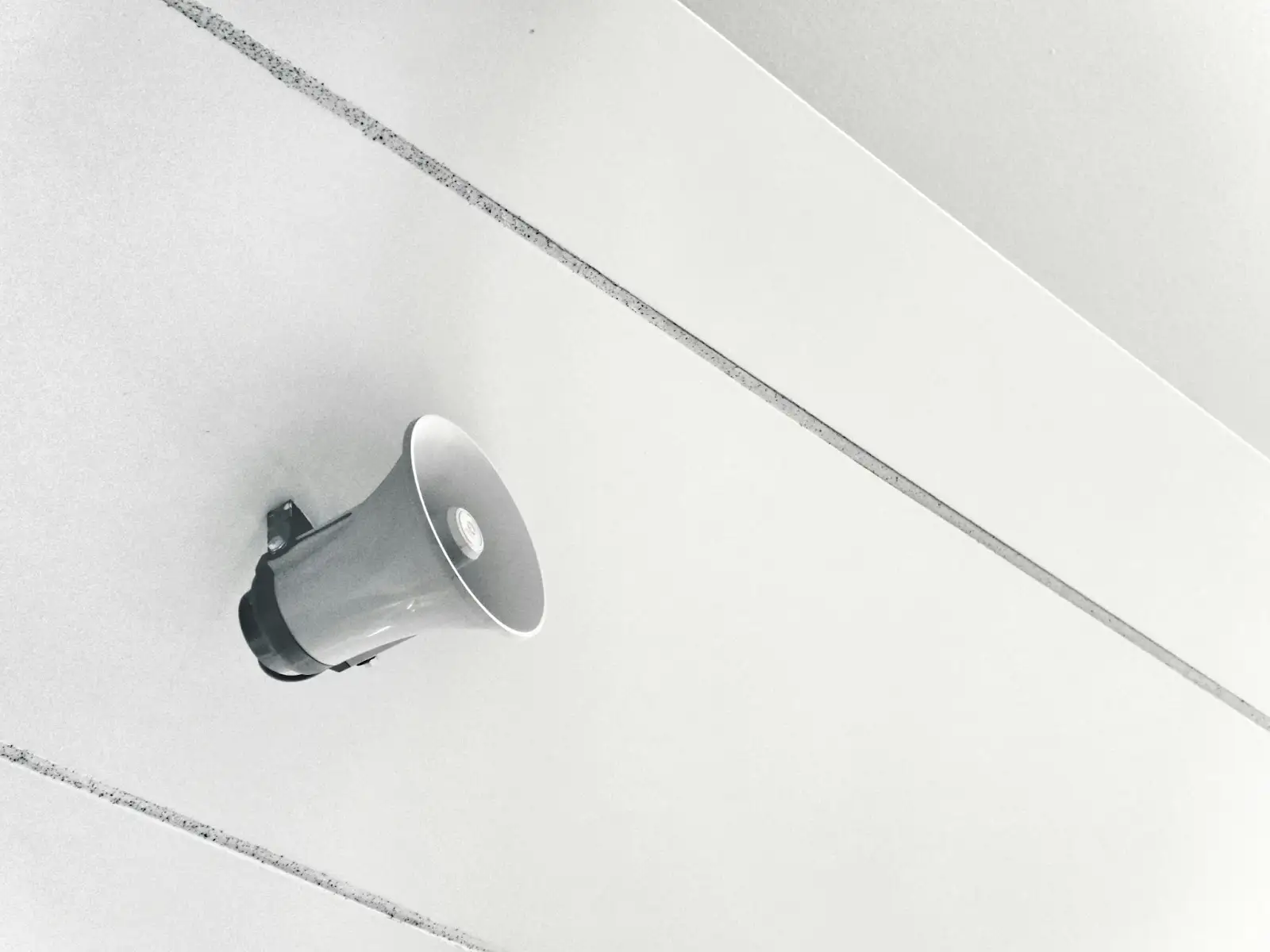
A major label is going to have massive resources when it comes to promotional efforts for a new release, and deep pockets when it comes to branding and artist development (although see the money section above).
The money major record labels are able put into promoting new songs can get musical artists in front of larger audiences by way of aggressive marketing campaigns, savvy branding, and (to a lesser extent) cozying up with radio stations.
Major labels also have better connections in the PR world, and if they solidly get behind an artist this can really make or break a music career.
It's a lot of work for one person (or band) to do, and many musicians shy away from anything that involves shouting about how brilliant you are.
But it's not impossible , and more and more independent artists are choosing to go the DIY route when it comes to promotion. And even if you ultimately want to land a record deal to reach a larger audience, you're going to have to put in the legwork to get noticed by a label in the first place.
Touring & Merchandise

Some labels, particularly major labels, offer logistical and financial support for live performances. This is more common now with major artists, who might be offered an 'all-in' deal, where the label has fingers in all the potential money pies an artist can make - live shows, merch, sponsorship, publishing etc. - as well as the traditional album sales.
But it's going to take a lot for a record label to want to sink money into your live shows. You'll have to prove you can withstand the rigors of the road, and that audiences actually like you on stage.
By doing it yourself first of all.
And if you can show a decent income from merchandise sales they'll be more likely to help mount a bigger tour, in return for a cut of the swag bag.
However, some artists choose not to tour at all, and it's possible to build a successful music career without ever hitting the road . You'll just have to focus more on....
Sync Placements
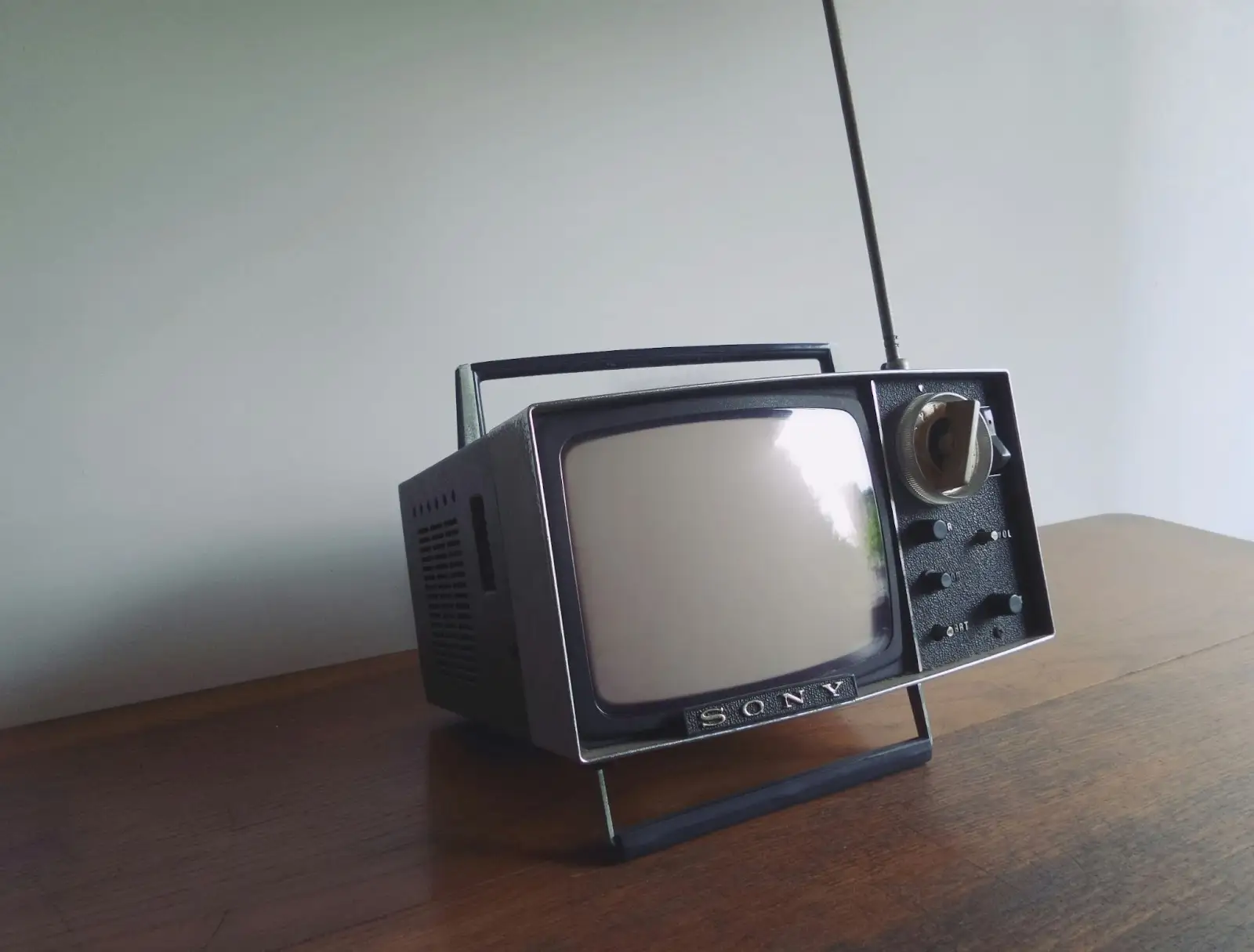
If you write your own music and you don't know what sync placements are it's time do some homework .
In a nutshell, a sync placement is when a song or piece of music is placed (or 'synced') to visual footage, such as a TV show, film or game. You get paid. You get more money when it airs. You get money each time the footage gets repeated. It's a beautiful thing.
Record labels will generally own the copyright in the recording of a song, and therefore get paid their share for any sync placements. For major artists these sync fees can be hella-big, so labels are all about exploiting music for sync placements.
Again, this is where the extended network enjoyed by labels comes in handy. They can rub shoulders with music supervisors and TV execs to help secure more placements for their artists.
It's the same type of process for indie artists, but without a label they have to build their own network of connections.
Again, this isn't particularly difficult, and if you have the necessary skills it can turn into quite a lucrative income stream for your music. The best part? As owner of the copyright in both the sound recording and the composition you'll get to enjoy both chunks of the sync pie. Yummy!
Should You Start Your Own Record Label?

By this point you might be thinking you do actually need a record label, but you don't like the downsides of being signed and having your creativity squashed by 'the man'.
The question then becomes ' should you start your own label '?
Starting your own record label can be rewarding; you get to champion new artists and bring the kind of music that excites you to a wider audience. On the other hand, it is an abundance of (non-musical) work.
And if you're shying away from doing all of the tasks a record company normally does for you as an artist, starting your own label will only amplify the amount of work you have to do in these areas, and more.
If you're not keen on signing with a record label, but you have the itch to start your own, it makes a lot more sense to learn the ropes of this constantly evolving industry with your own music before doing the same thing for other artists.
Conclusion
Whether you need a record label or not all depends on where you are in your music career.
If you're just starting out, it's definitely too early. If you have a good-sized following and a regular tour schedule, a small indie label might be a good fit.
And if you decide you do need a record label, whether you end up signing to one or not isn't up to you; it's in the hands of the record labels you approach.
The music business is a tough one to navigate, but there's plenty of support around for artists who decide to take their career into their own hands.
Whatever you decide to do, I hope this article has helped demystify the world of record labels and what they do. Now go forth and releaseth the music!


